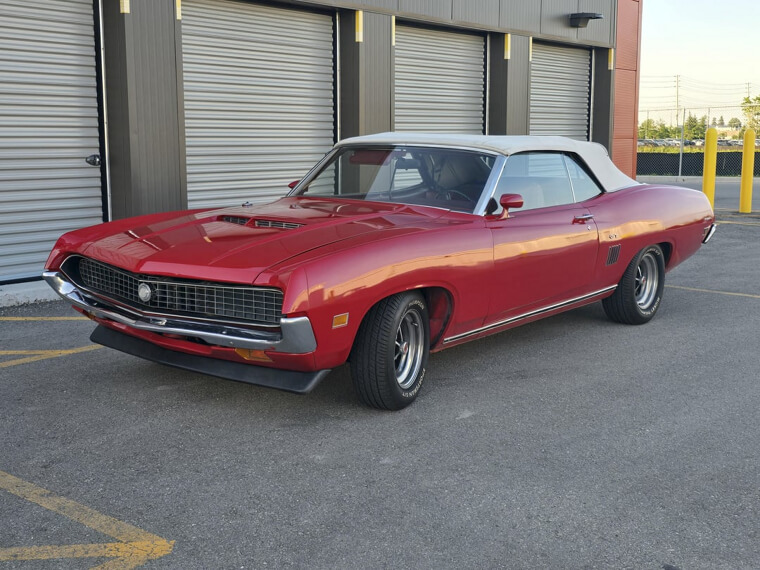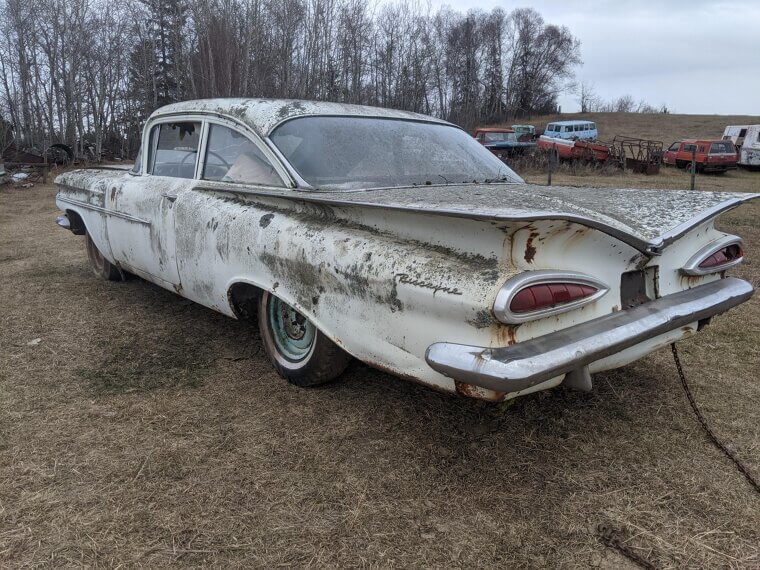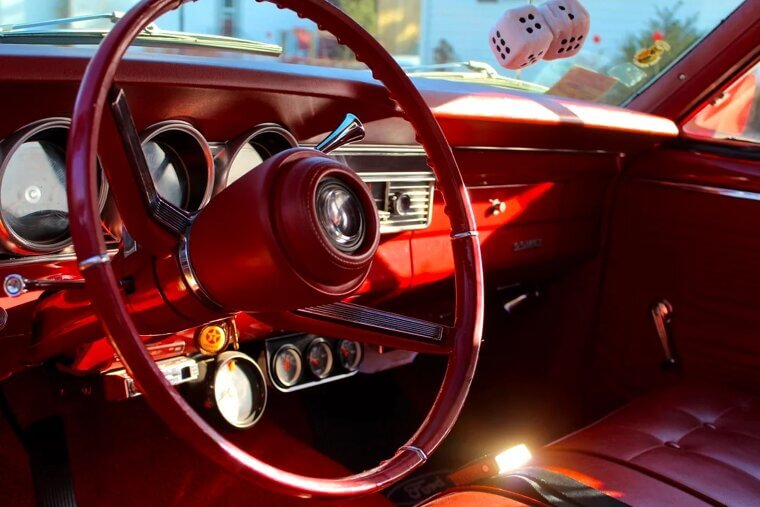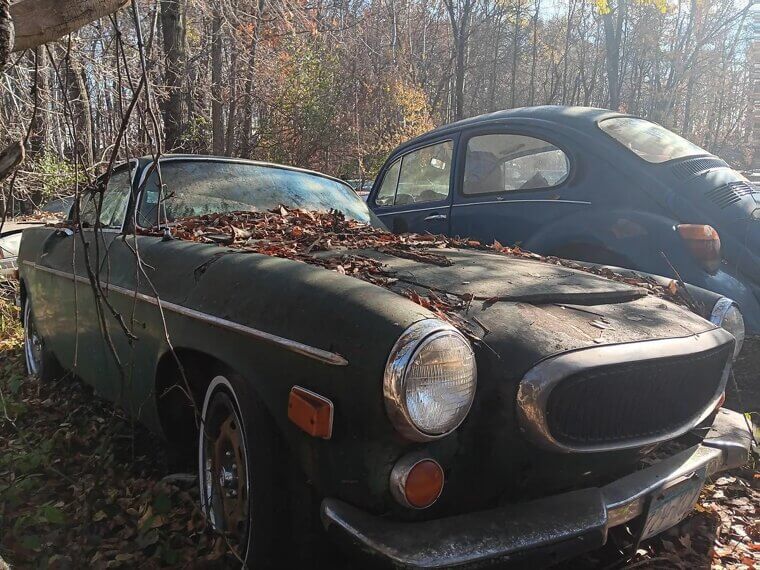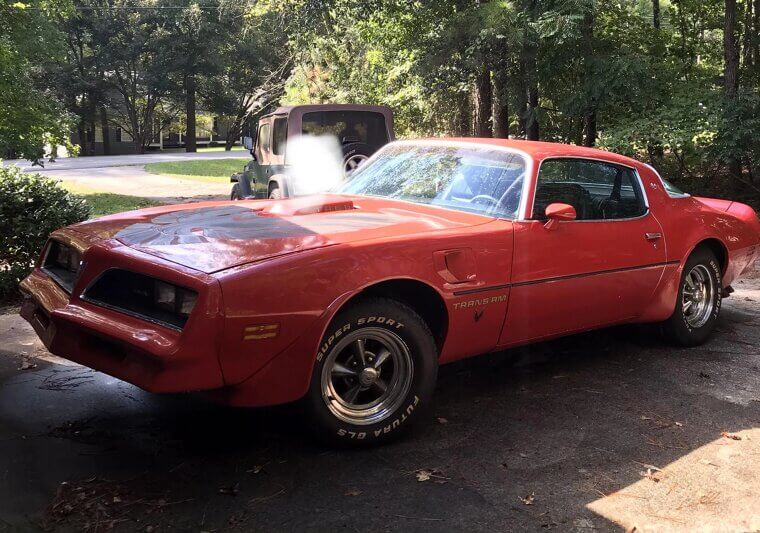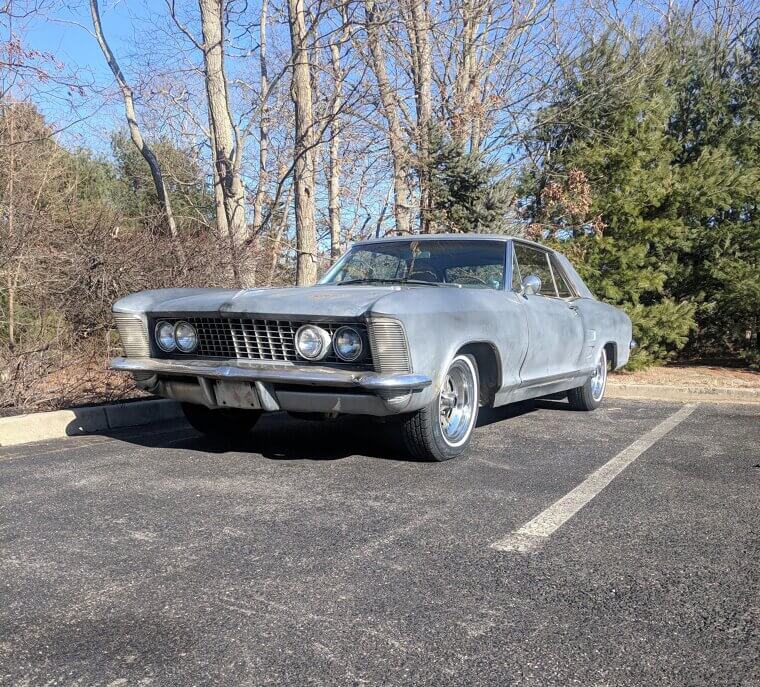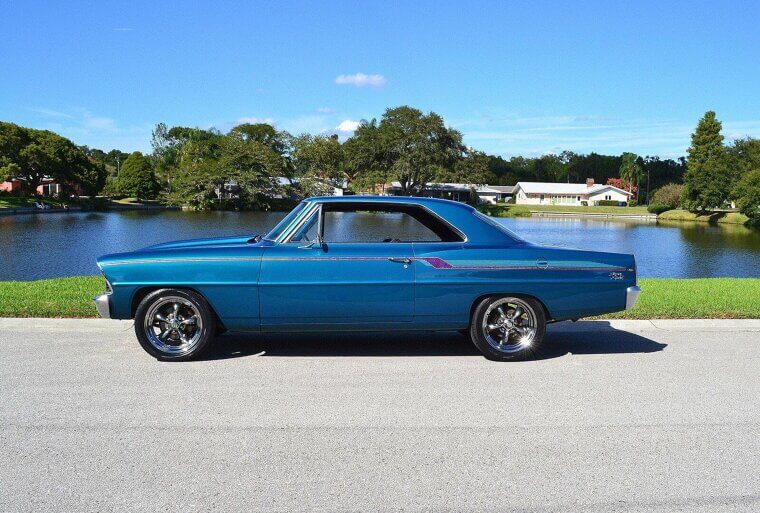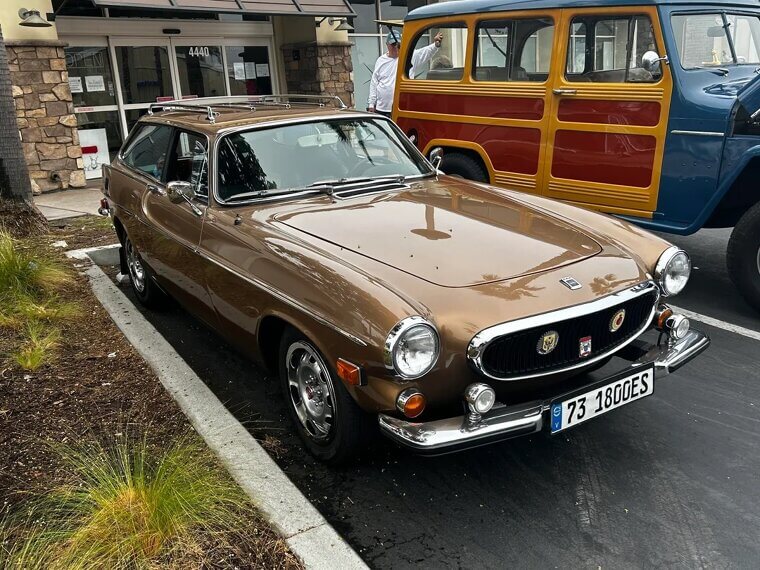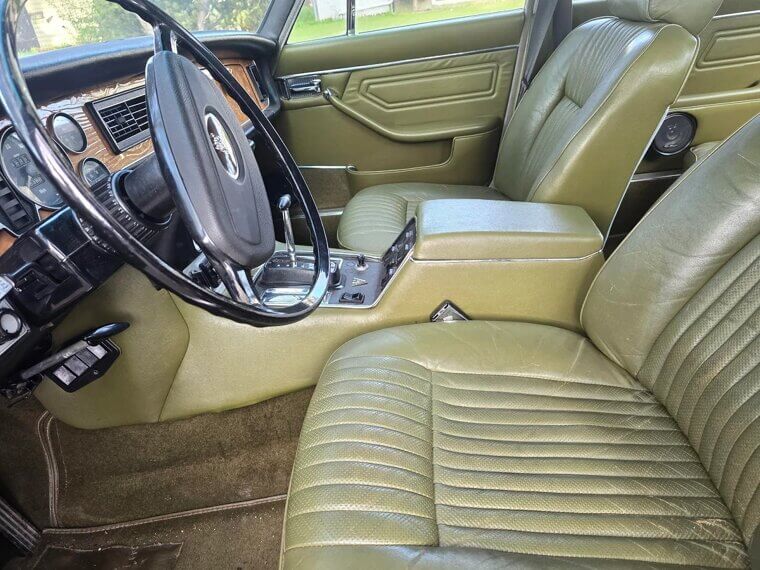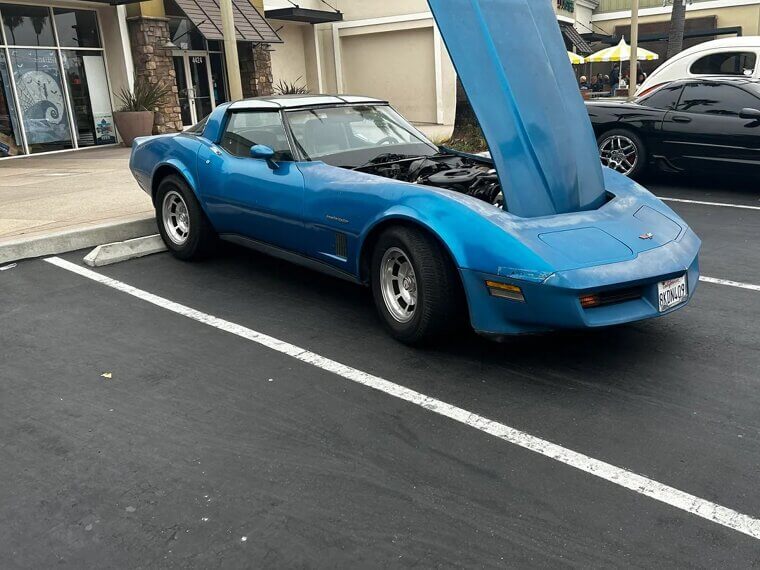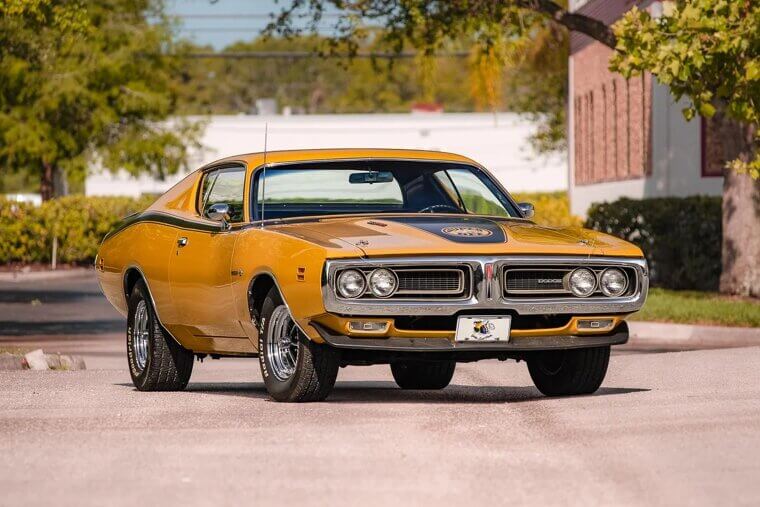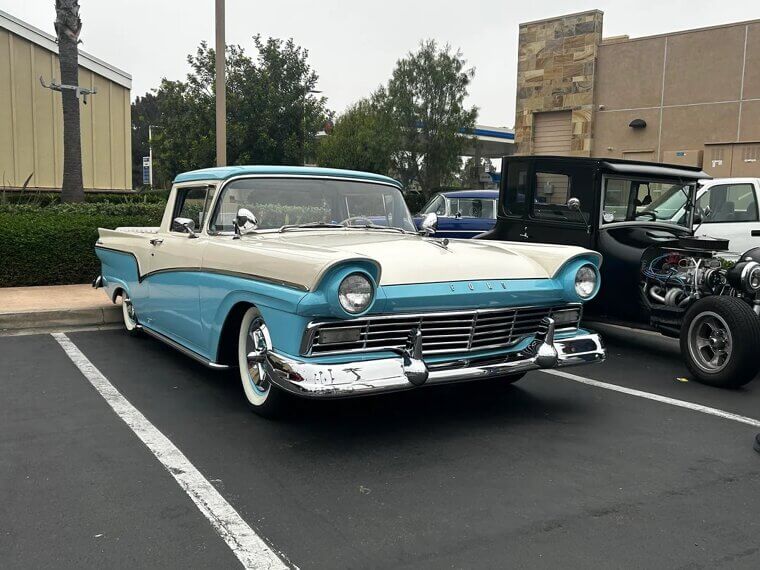Owning Your Dream Classic Car Will Cost You
Owning a classic car sounds like a dream. You love the shiny chrome, vintage vibes, and weekend cruises with the top down. But behind that nostalgia is a reality check. These beauties come with hidden costs that can add up fast. Are you planning to own a classic car? Here are 11 things you should know.
Restoration Costs
Think that fixer-upper just needs a little polish? Think again. Restoring a classic can cost as much as buying a new car, sometimes more. The paint jobs, upholstery, and engine work all add up fast. That "minor project" turns major the minute you price out chrome trim and a vintage carburetor.
Parts Are a Treasure Hunt
Need a part from 1972? Good luck. Finding original parts often feels like a scavenger hunt with little chance of winning. Every part is rare and overpriced. Some parts are discontinued, some are just hoarded, and custom replacements cost a small fortune. You might actually end up friends with the guy at the local salvage yard.
Labor Isn’t Cheap
Unless you're good with a wrench and have a second garage, you're going to need a pro. And vintage car mechanics don't work for pizza and thanks. Their hourly rates are steep, and so is the learning curve if you try to DIY and end up calling them anyway.
Specialized Insurance
Classic cars need specialty coverage, which often includes agreed value policies and mileage limits. It’s usually pricier than your daily driver’s plan, and getting claims paid can take longer than restoring the car itself. Better safe (and insured) than sorry.
Storage Space
Leaving a vintage car on the curb is a no-go. You’ll need a garage, a car cover, or better yet, both. Proper storage protects your investment but also takes up space and, yes, costs money.
Fuel Guzzling
Let’s just say your classic isn’t winning any eco awards. Many older models were built before fuel efficiency was a thing. You should expect low MPG and frequent fill-ups.
Maintenance Never Ends
Vintage cars need constant TLC. From leaky hoses to suspicious rattles, there’s always something. Even when it runs great, you’ll be greasing, adjusting, or replacing something soon. Think of it as owning a diva; it looks fabulous but needs daily attention or it throws a fit.
No Modern Comforts
No power steering. No Bluetooth. No A/C. That “authentic” driving experience can feel more Flintstones than Fast and Furious. If you like smooth rides, quiet cabins, or cup holders, prepare to adjust your expectations. Or you could spend more to retrofit upgrades that don’t ruin the vintage vibe.
Depreciation
Not all classic cars appreciate in value. Some lose value just like any other car, especially if you’ve over-customized it or bought into the hype. That “investment” is more emotional than financial. Buy it for the love, not because you think it’ll pay off like fine art.
Registration and Fees
Classic cars have their own registration rules, smog exemptions (or not), and occasional DMV headaches. Fees vary wildly by state and some places require special tags or inspections.
You’ll Want Another One
Here’s the hidden cost no one talks about: once you own one classic, you’ll probably want two. It’s a slippery slope. First, it’s a Mustang, then you’re eyeing a ‘Cuda. Enthusiasm turns into obsession. And guess what? That doubles everything on this list.

